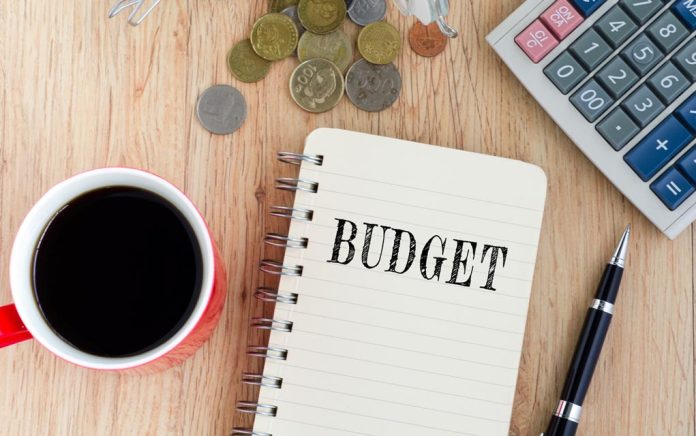
(FinancialHealth.net) – We talk about budgeting quite frequently, but what exactly is a budget? A budget is a tool that allows us to easily assess our income versus our expenditures. The result is a clear tool we can use to better understand our overall finances and set clear money management goals.
Our bills are paid on time, our needs our met, and we’re left with a better idea of what’s left over for the extras we want from time to time. Have you started budgeting? Do you still budget? If you’ve fallen out of the habit, here’s a refresher to get you back on track.
Why You Should Budget
Without a budget, it’s easy to start spending and lose track of what money has already gone out in comparison to what still needs to be paid towards incoming bills. We can easily get to the end of the month, sit down to write checks, and realize we’re short because we spent too much money on non-essentials or on an emergency purchase.
Our budgets are designed to keep us from overspending so we can make sure all of our bills are paid on time. As a result, we end up saving ourselves from the pain of extra interest or late fees.
Budgeting is great for helping us determine what is really a “want” versus a “need.” We might want the newest video game, but we don’t really need it. We may not want to spend the money on a trip to the dentist, but we may really need a check-up, cleaning, or treatment.
That doesn’t mean there can’t be room for “wants;” it just means we need to be conscious of our priorities when deciding where our dollars will go.
Our budgets also help us reach our short and long-term financial goals. Saving for a car or a new home down payment? Want to take a cruise or save for an earlier retirement? Budgeting helps us to clearly see what dollars are available to put towards these goals.
How to Budget
We have compelling reasons to budget, but how do we get started? There are a ton of budgeting methods out there, but it’s pretty easy to get it down on paper without digging through the advice of a dozen different gurus.
- List of all of your stable, consistent sources of income. Note the pay frequency — weekly, every other week, or monthly.
- Make a list of all of your regular monthly living expenses/bills. Be sure to include utilities, car payments, insurance, gas, food, credit cards, and any other monthly living expenses you have.
- Total up monthly obligations to be sure they are less than your total income. Identify things that can be removed or cut back on if you are over your total income.
- Divide your monthly obligations by the number of times each month you get paid. For example, if you get paid twice per month, you should save half of next month’s rent from each paycheck. Save half of your phone bill, half of your insurance payment, and half of each of your other bills.
- How much money is left at the end of each pay period after you’ve put aside savings for each of your bills? Split what is left so that a portion goes into savings and a portion is set aside for the things you “want” throughout the month. Remember — the more you save, the faster you’ll reach your major financial goals.
Budgeting doesn’t have to be complicated. As a matter of fact, the simpler a budget is to read, the easier it is to follow. Start small and make the necessary adjustments as time passes. The budget will quickly become a very helpful money management tool.
~Here’s to Your Financial Health!





















